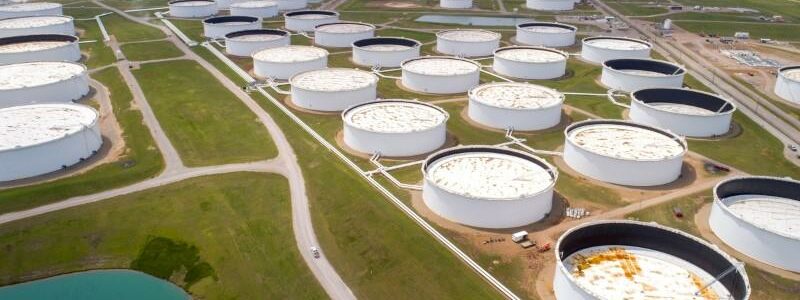
Oil edges up towards $71 as US demand eases Delta fears
LONDON (Reuters) -Oil edged towards $71 a barrel on Wednesday as signs of rising fuel demand in the United States offset concerns about travel curbs in Asia caused by the spread of the COVID-19 Delta variant.
Industry data showed U.S. crude and gasoline inventories fell last week, while the U.S. Energy Information Administration said U.S. job growth and increasing mobility have boosted gasoline consumption so far this year. [API/S] [EIA/M]
“The EIA’s upbeat demand forecasts for this year helped alleviate fears of a deteriorating near-term outlook,” said Stephen Brennock of oil broker PVM.
Brent crude rose 22 cents, or 0.3%, to $70.85 a barrel at 0810 GMT, following a 2.3% rally on Tuesday. U.S. West Texas Intermediate (WTI) gained 21 cents, or 0.3%, to $68.50, adding to a 2.7% jump on Tuesday.
Prices “appear to lack the momentum to stage meaningful revivals as Delta-variant fears continue to weigh,” said Jeffrey Halley, analyst at brokerage OANDA.
The price of Brent is up 37% this year, supported by OPEC-led supply curbs, although oil last week suffered the steepest weekly loss in months on worries that travel restrictions to curb coronavirus infections will derail the demand recovery.
The Delta variant has been detected in more than a dozen Chinese cities since the first cases were found in July, prompting some new travel restrictions, while U.S. cases and hospitalizations have soared to six-month highs.
Goldman Sachs lowered its oil demand forecast for China for the next two months, although it said the net impact from Delta on its global demand forecast remained moderate.
In focus later will be the EIA’s official U.S. inventory figures at 1430 GMT. On Tuesday, oil industry group the American Petroleum Institute said U.S. crude stocks fell by 816,000 barrels and gasoline stocks dropped by 1.1 million barrels.
Source: Read Full Article